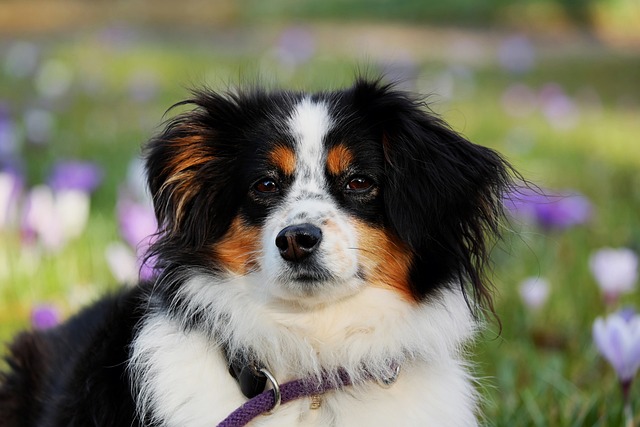
How do i train my dog to be obedient?
Watching your dog dart across the park ignoring your calls isn’t just frustrating—it can put them at risk near busy streets or public spaces.
Picture your exuberant Labrador puppy, Luna, spotting a squirrel in Central Park. Her ears perk up, leash goes taut, and she bolts—ignoring your panicked "Come!" This heart-stopping moment reveals why reliable recall is non-negotiable for urban puppies. But expecting flawless obedience at 12 weeks is like asking a toddler to navigate the subway alone. While training starts day one, truly trustworthy recall typically clicks between 6-12 months through consistent positive reinforcement, aligning with their developing impulse control.
Here’s why biology matters: Puppies experience a critical socialization window before 16 weeks where they absorb information rapidly but lack neurological brakes. Their prefrontal cortex—the brain’s decision-making hub—isn’t mature enough to consistently override temptations. Start building recall foundations immediately in your distraction-free living room. Use a joyful voice to call "Luna, come!" then run backward to trigger her chase instinct. When she reaches you, unleash a reward party: scatter high-value treats on the floor, offer a squeaky toy, or initiate a quick game of tug. This wires her brain to associate recall with pure celebration. Gradually introduce challenges: begin practicing in your fenced backyard, then progress to quiet corners of local parks during off-peak hours, and finally test near mild distractions like passing joggers. Always keep her on a 15-30 ft longline leash for safety—never punish a slow response, as this teaches her that returning to you ends fun.
Critical compliance alert: Unleashing a puppy with unreliable recall violates leash laws in virtually every U.S. city and EU municipality. If Luna ignores you mid-distraction, calmly reel in the longline without scolding—yelling or jerking the leash contradicts force-free training ethics mandated by modern animal welfare standards. Remember, recall isn’t just convenience; it’s a legal safety net.

Apartment dwellers face amplified risks. A puppy bolting through your building’s lobby could dart into traffic or startle neighbors. Practice "hallway recalls" daily: while leashed near your unit, suddenly cheer "Come!" and reward massively when she pivots toward you. This builds reflexive responses in tight spaces. Always carry biodegradable poop bags (forget them in cities like Boston or San Diego? Fines soar past $300) and ensure Luna’s rabies tag is visible—many rental complexes require proof of vaccination. At community dog parks, recall isn’t optional etiquette; if Luna ignores your call during play, leash her immediately. Respect others’ space by recalling her before she approaches unfamiliar dogs—not all pups appreciate surprise greetings.
Patience transforms panic into pride. Celebrate every successful recall like she’s won the Westminster Dog Show! High-drive breeds like terriers may need extra months to master impulse control. If progress stalls by 9 months, consult a certified positive-reinforcement trainer. By aligning expectations with neuroscience and prioritizing joyful consistency, you’ll build a recall that could save Luna’s life one squirrel-chasing Tuesday.

Watching your dog dart across the park ignoring your calls isn’t just frustrating—it can put them at risk near busy streets or public spaces.

New puppy owners often find themselves rushing to clean up accidents before they set in, and that’s where puppy pad training becomes a game-changer.

If you've noticed your dog's waistline disappearing and your veterinarian has mentioned those few extra pounds, your first instinct might be to simply reduce the amount of food in their bowl.

Training a dog to use a designated spot indoors isn’t as daunting as many new owners fear, but it does take consistency and an understanding of your pet’s needs.

That moment of dread on a walk is all too familiar for many new dog owners. You see another dog approaching down the sidewalk of your neighborhood

If the sight of another dog on your neighborhood walk makes your heart sink as your own dog erupts into a frenzy of barking and lunging, you're not alone.